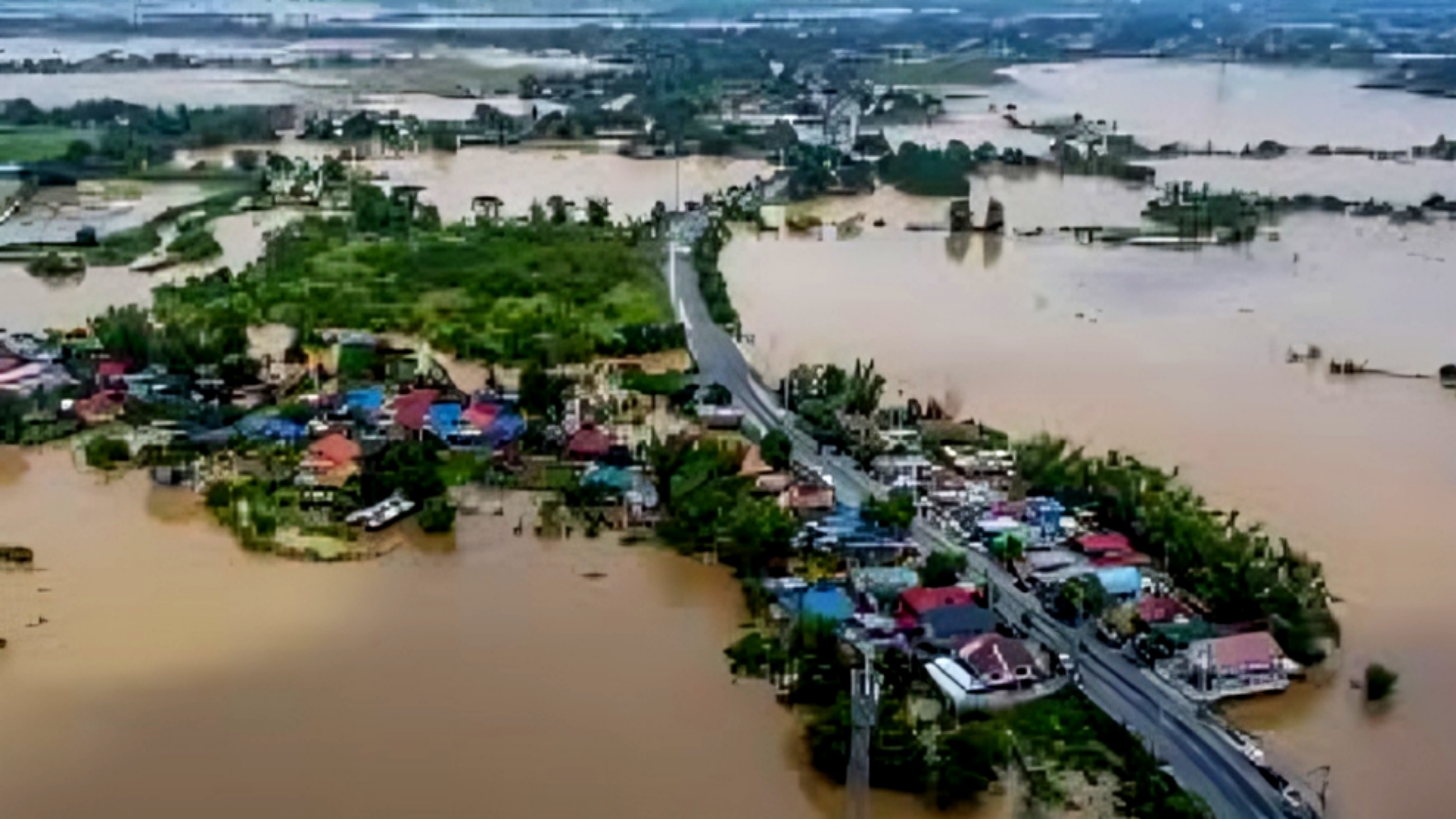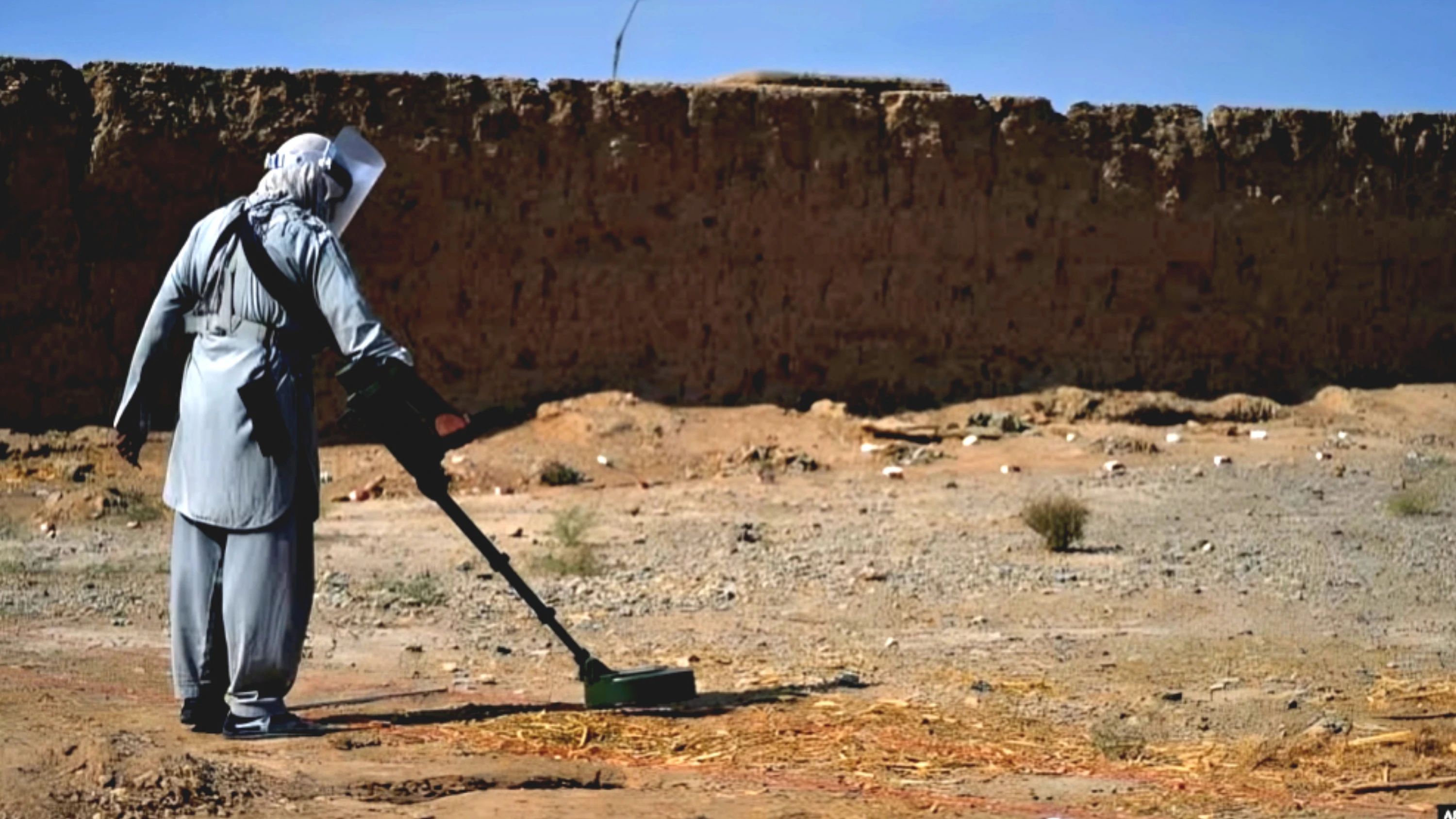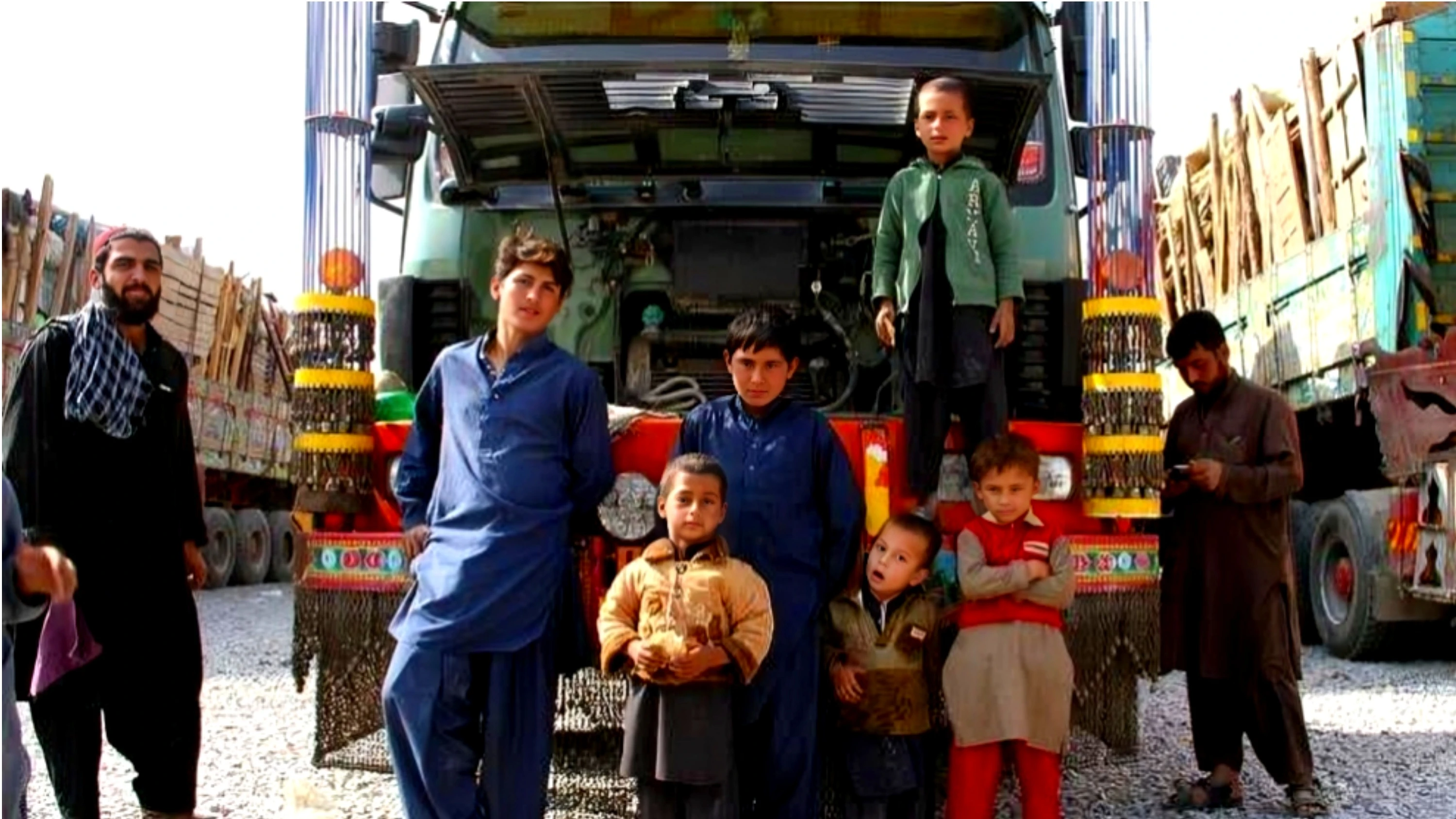Report: A recent study analyzing 73 years of flooding events in the Hindu Kush Himalayan region has found that climate change is the primary factor behind the increasing frequency and unpredictability of floods.
Published in Science Bulletin, a peer-reviewed journal backed by the Chinese Academy of Sciences and the National Natural Science Foundation of China, the study examines 1,015 flood incidents since 1950. The findings highlight a significant surge in flood occurrences since 2000, closely linked to rising global temperatures.
While the monsoon season remains the primary period for flooding, researchers have observed a growing number of floods occurring outside the usual seasonal patterns, making them more difficult to anticipate.
Authored by experts from Peking University, the International Centre for Integrated Mountain Development (ICIMOD), and the University of Colorado, the study categorizes floods into four key types: rain-induced floods, snowmelt floods, glacial lake outburst floods (GLOFs), and landslide-dammed lake outburst floods (LLOFs). While heavy rainfall and melting snow remain the dominant causes, GLOFs and LLOFs—though less frequent—are particularly sudden and destructive.
The researchers stress that climate change is intensifying flood risks, but the factors influencing different types of floods are complex. Snowmelt-related flooding is directly linked to temperature rise and increased soil moisture, whereas GLOFs and LLOFs result from intricate interactions between climate, glaciers, and topography.
Human activities are exacerbating the situation, the study warns. Rapid urbanization, deforestation, and infrastructure development in high-risk areas, such as floodplains, are increasing vulnerabilities and weakening natural flood defenses.
To mitigate risks, the authors recommend real-time flood monitoring in vulnerable valleys, restricting infrastructure projects in high-risk zones, and enhancing transboundary data-sharing agreements among High Mountain Asia nations.








